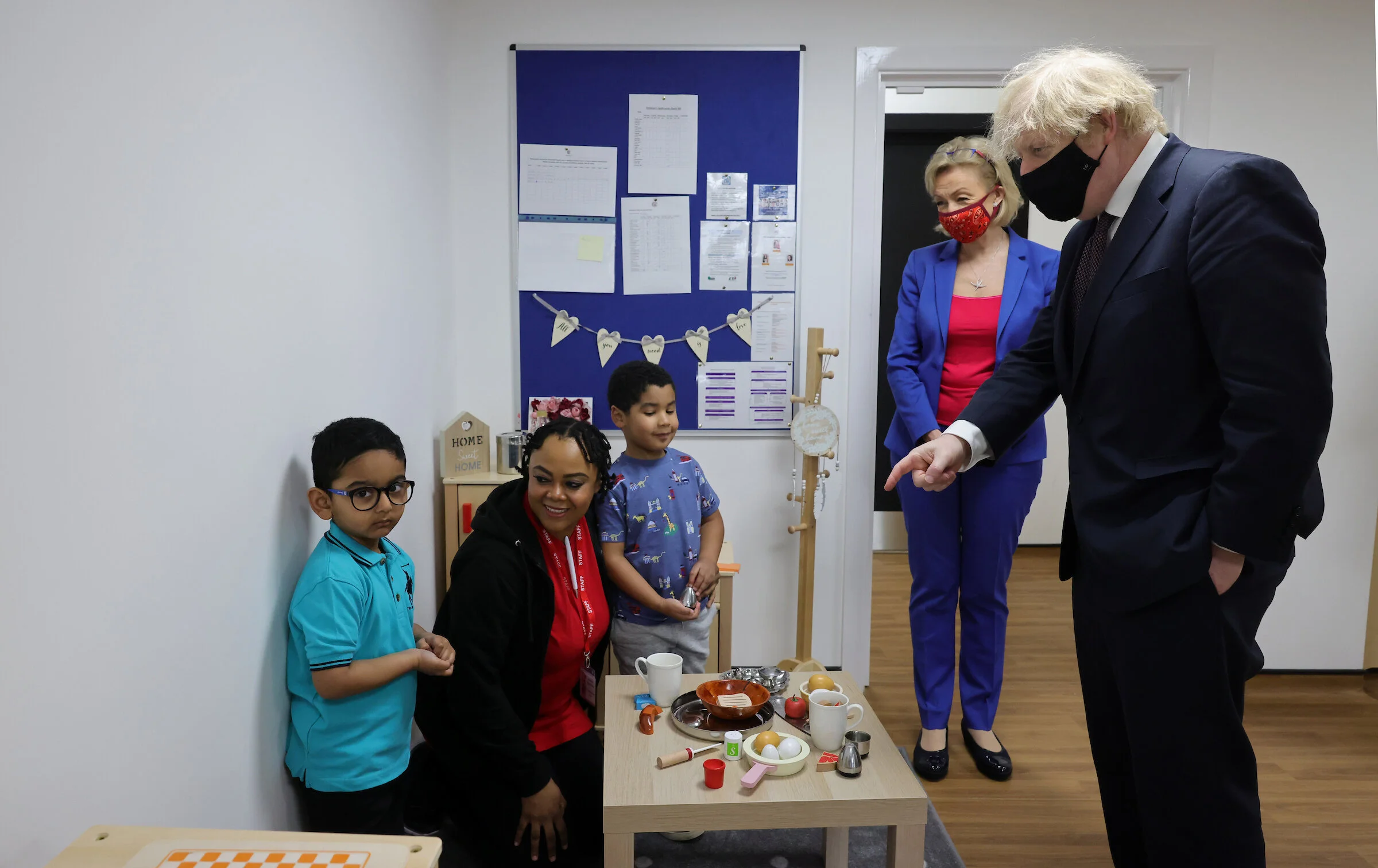How to help make the most of a baby’s first crucial thousand and one days

The Coronavirus lockdowns have shown us as never before the vital importance of supporting new families in the period from pregnancy to birth, and infancy. It is during those crucial 1,001 days from conception to age two that a baby is fast developing both physically and emotionally, and the quality of engagement with the key carer (often mum) has a profound impact.
During these lockdowns, we have showed great care for the older generation – for grandparents, vulnerable elderly neighbours and even national heroes like Colonel Sir Tom Moore. And yet a huge piece missing from much of the Covid-19 discussion has been the impact on newborns and our youngest during the pandemic. And with a new lockdown beginning, we need to make sure their needs are properly considered this time.
We now know that for many families the experience has been extremely difficult – with partners not allowed to attend scans, or even to spend time with their new baby in hospital or, tragically in some cases, even be there for a partner when a child is stillborn.
Worryingly, too, many health visitors who provided crucial support and guidance for new parents in particular have not been able to have face to face contact. The support of extended family networks has often been curtailed because of Coronavirus restrictions, and new mums have missed out on baby and toddler groups where their children can assimilate to other children and they can access much needed empathy and advice.
And what we also know is that, long before Covid-19 came along, there were huge unmet needs of new families that have had a great bearing on the outcomes for their children.
The period from conception to the age of two is when the building blocks of good emotional and even physical health are laid down. Human babies are unique in the animal kingdom in the extent of their underdevelopment at birth. What other animal cannot walk until it is a year old, and cannot fend for itself at all until it is at least two years old?
And the physical underdevelopment is only a tiny part of it. The human brain is itself only partially formed when you are born. The billions of neurones in the brain are pretty much undifferentiated at birth – and there are parts of the brain that are simply not there.
So it is the earliest experiences of the human baby that literally hardwire their brain, and have a lifelong impact on their physical and emotional health.
We have a shared determination to see every baby get the best start in life. For many families, having a baby comes easy. It is a fabulous experience, enriching their lives right from the moment they learn of the pregnancy.
However, for others it is frightening, even sometimes traumatic: giving birth is an extraordinary physical act that has a physical and mental impact, and babies don’t come with a manual or an ‘on and off’ button. Sleep deprivation, traumatic childbirth, parental conflict, depression, poverty, substance misuse, fear of losing your job – all of these things can make having a new baby far from the happiest thing that ever happened to you.
There are many ways in which statutory and voluntary providers help new families through this tricky period, but too often they are not joined up, not consistent, or not good quality.
One particular intervention that can have an extraordinarily positive impact on the quality of relationship between parent and baby is parent infant psychotherapy.
This talking therapy takes place with the baby, and ideally both parents, present. The therapist helps the parent or parents to understand their feelings towards each other and their new baby. The sessions help parents to read the baby’s ‘cues’ so they can better understand when the baby is tired, over stimulated, hungry etc.
Some psychotherapists will use a technique called ‘video interaction guidance‘, whereby the therapist takes a short clip of parent and baby together and then plays the video back to them highlighting the positive interactions. Parent Infant Psychotherapy is, sadly, not widely available to struggling parents, in spite of its impressive success in transforming the quality of the attachment between parent and baby.
PIF (the Parent Infant Foundation) was established by Andrea in 2014, and until recently was chaired by Tim. It works with local authorities and charities to establish Parent Infant Partnerships to serve their local families. This network (movement) of PiPs has now helped many hundreds of families to give their babies the very best start in life and cement closer attachment between infants and parents from all sorts of backgrounds.
The Prime Minister and the Health Secretary have asked Andrea to lead an early years healthy development review on behalf of the government. In January, it will produce a new vision for what excellence looks like in support for the period from conception to age two. The case for change is very strong – better joined up services focusing on the needs of babies and their families, with access to parent infant psychotherapy for those who are struggling. Prevention is better, and certainly kinder, than cure.
Andrea Leadsom is a former Business Secretary, and is MP for South Northamptonshire. Tim Loughton is a former education Minister, and is MP for East Worthing and Shoreham. This article originally appeared on ConHome.





